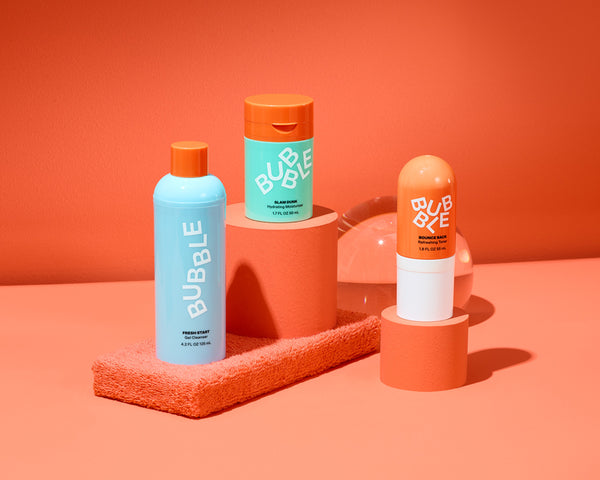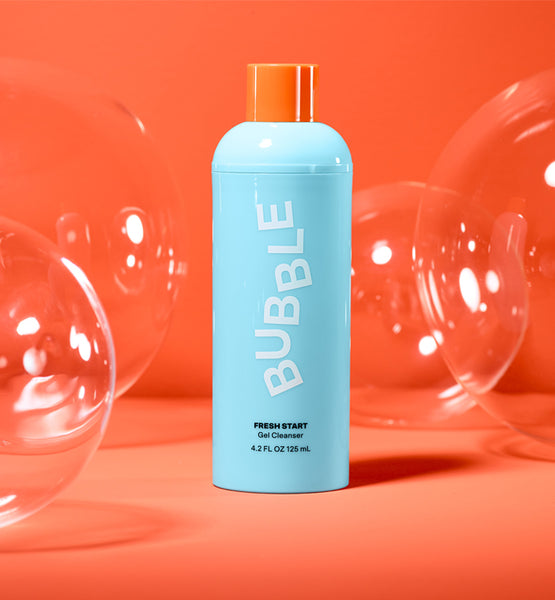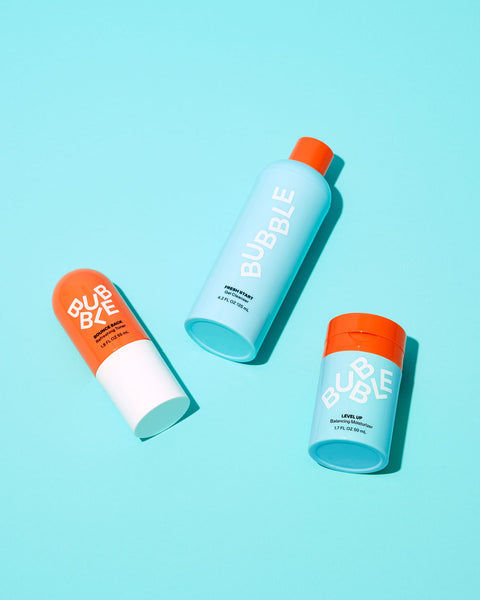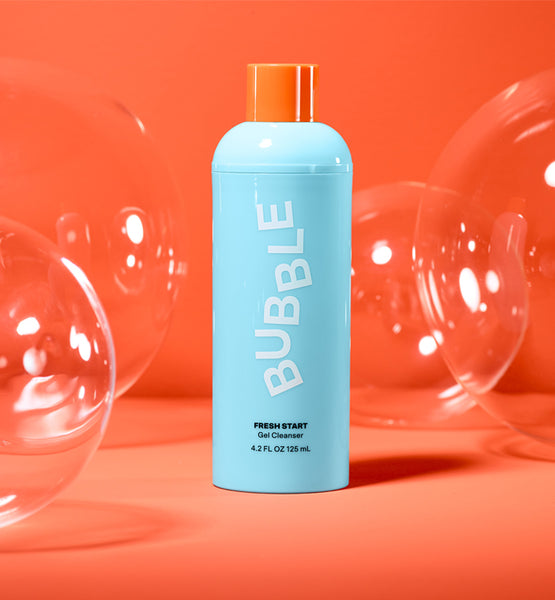Translation missing: en.general.search.close
trending searches
Bundles
Anti-Acne
Masks
popular products
Sign In
Sign up to get reward points, referral credits, and save payment information for easier checkout.
Sign Up
0







